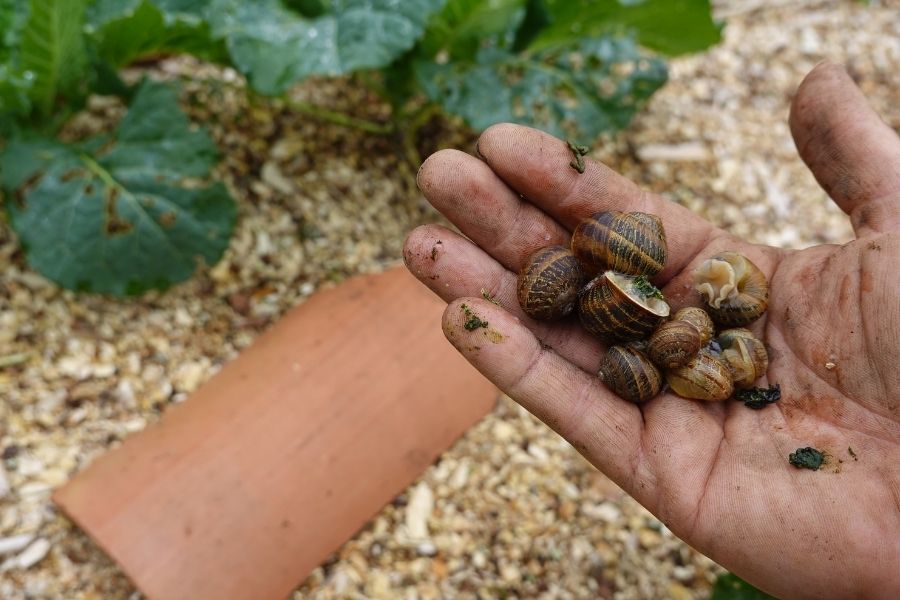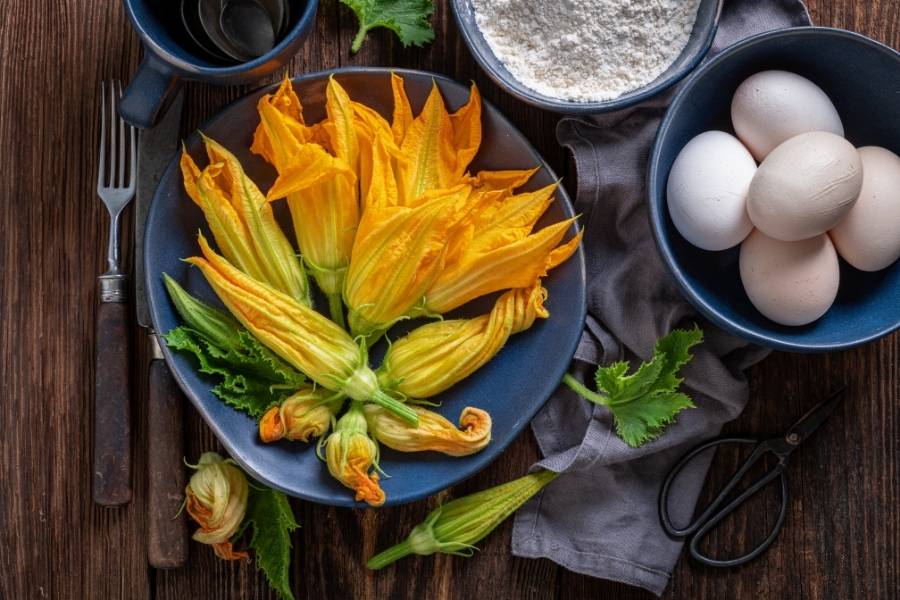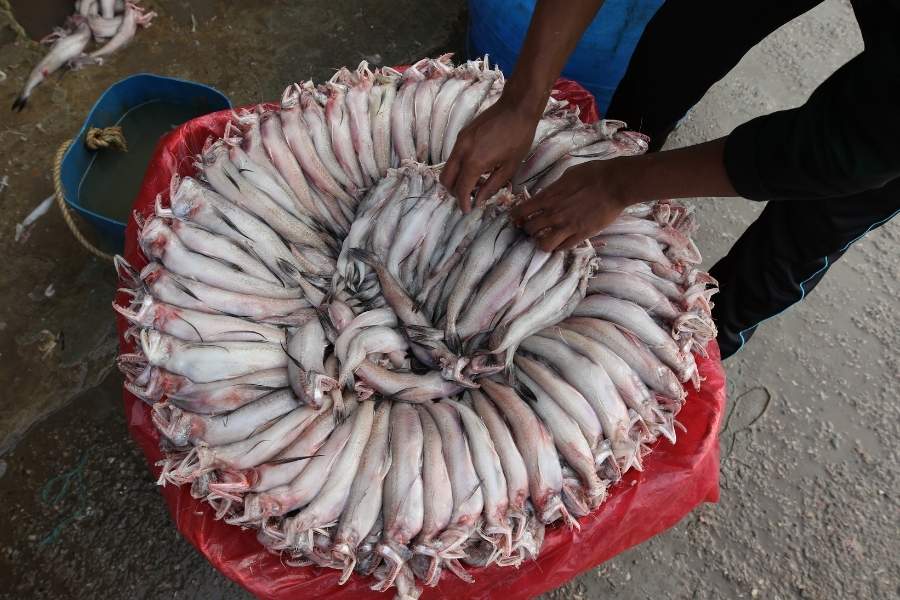In the rural kitchens of Bengal, beyond the familiar sizzle of hilsa and the aroma of kosha mangsho, simmers a dish that rarely graces city menus — Geri Gugli. Known to the rest of the world as the common periwinkle, this humble pond snail is a prized find for those who forage. Despite its reputation as a “poor man’s meat,” it carries a rich story of tradition, resilience, and flavour.
From ponds to plates
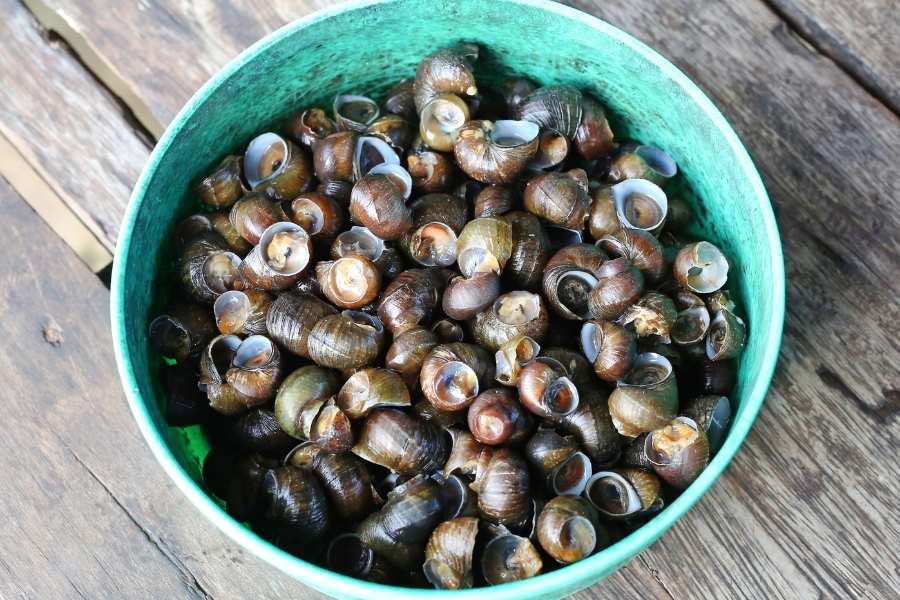
Shutterstock
While fish, prawns, and crabs often steal the spotlight in Bengali cuisine, Geri Gugli thrives away from the spotlight in the wetlands and ponds of rural Bengal. These small snails in muddy shallows are foraged by locals. Before making it to the cooking pot, they are scrubbed and rinsed multiple times to remove grit and the distinct briny odour. This careful preparation is essential to transform the unassuming molluscs into a delicacy.
Why is it called the ‘poor man’s meat’?
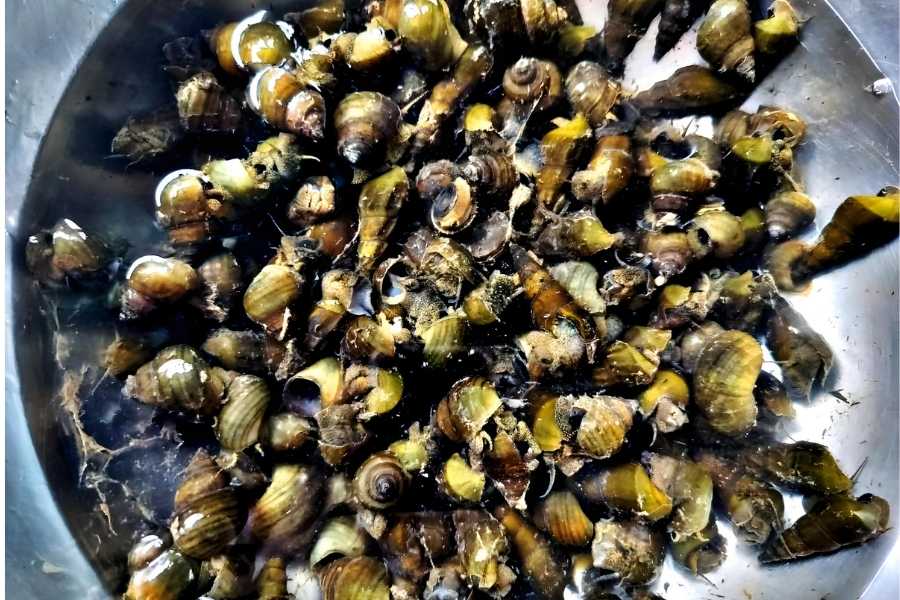
iStock
Unlike fish, Geri Gugli is rarely spotted in urban bazaars. It is consumed mostly in villages, often before it can be sold in towns. Its scarcity in the market is partly due to its low commercial value and partly because the shell’s murky appearance and pungent aroma discourage the less adventurous eaters. For rural households, however, it is a protein-rich alternative to chicken or mutton, making it a reliable and affordable source of nutrition.
Cooking Geri Gugli
Preparing Geri Gugli is a labour of love. The snails are boiled, and their meat is extracted with delicate precision, taking care not to overcook them, as this makes the flesh rubbery. In many Bengali homes, the snails are tossed in mustard oil with onions, potatoes, green chillies, and tomatoes, creating a fiery, flavour-packed curry. The result is a dish that is earthy and satisfying, perfect for pairing with steaming rice. It is also cooked with posto, making a sumptuous posto gugli.
From foraging to fine dining
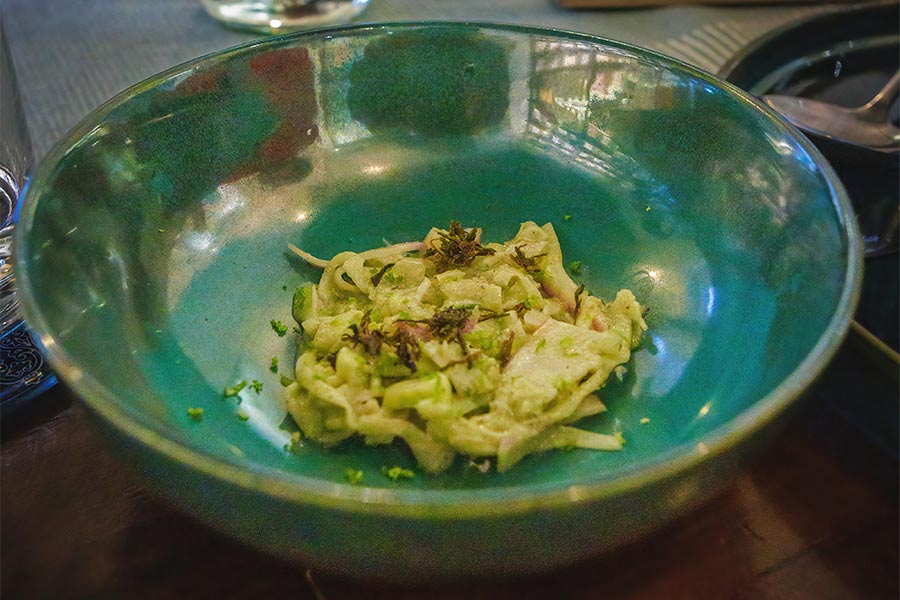
Mulor ghonto with geri gugli
While Geri Gugli has long been a part of rural food traditions, chefs in Kolkata have recently started to reimagine it for urban diners. At Annaja’s winter table last year, chef Preetam Bhadra served periwinkle with mulor ghonto. Such efforts are slowly introducing the flavours of Geri Gugli to a wider audience, sparking conversations about the value of foraged foods and the diversity of Bengal’s culinary heritage.
More than just a meal
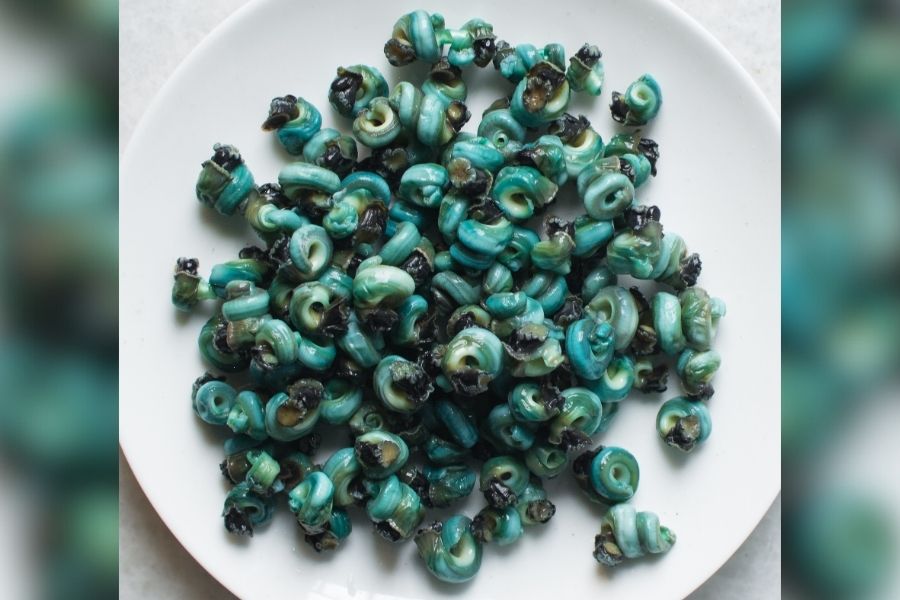
Shutterstock
Beyond taste, Geri Gugli reflects Bengal’s foraging culture, where resourcefulness transforms what nature offers into nourishment. In a world leaning increasingly toward sustainable eating, the humble periwinkle serves as a reminder that good food is not always about glamour.
